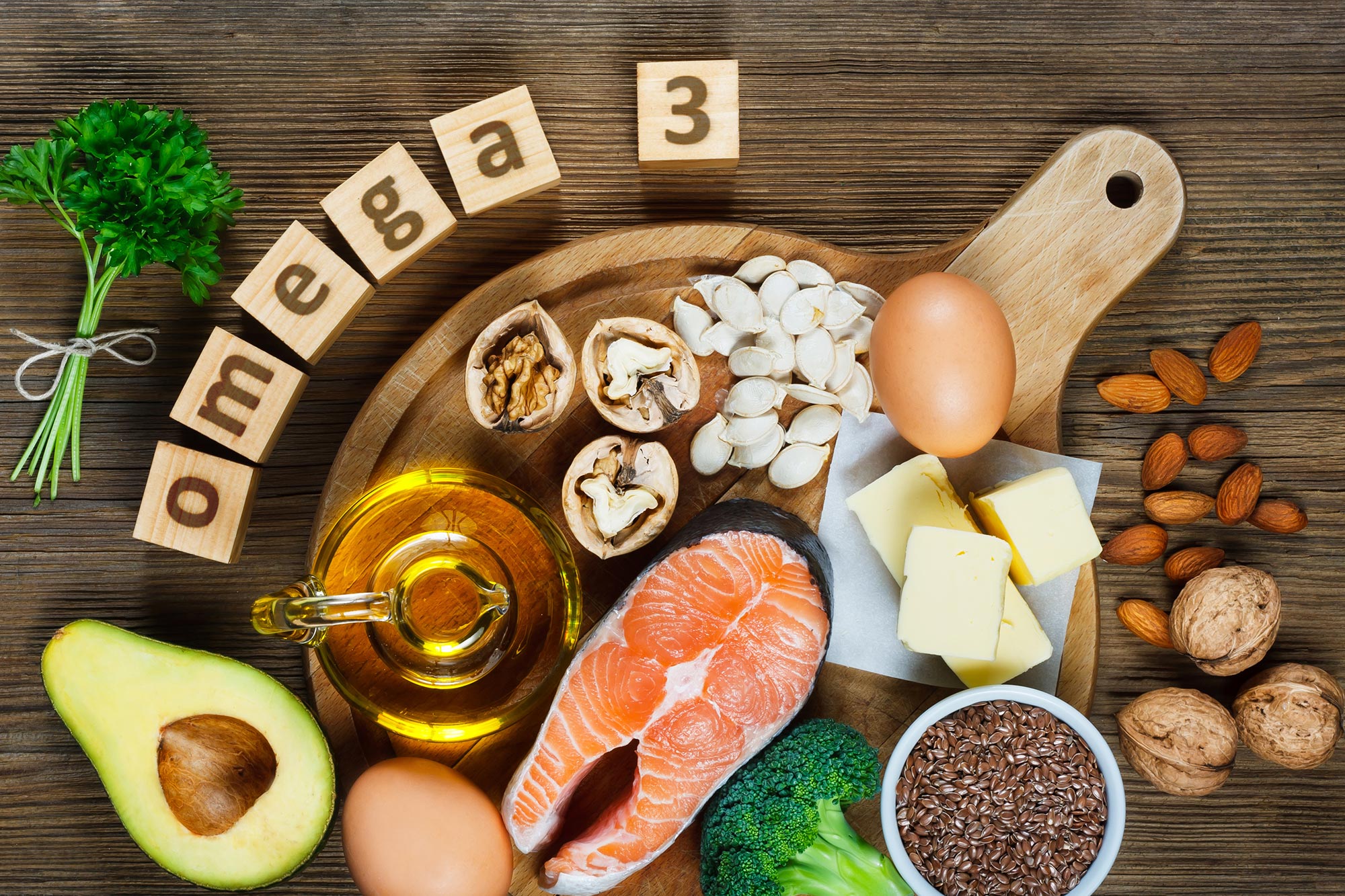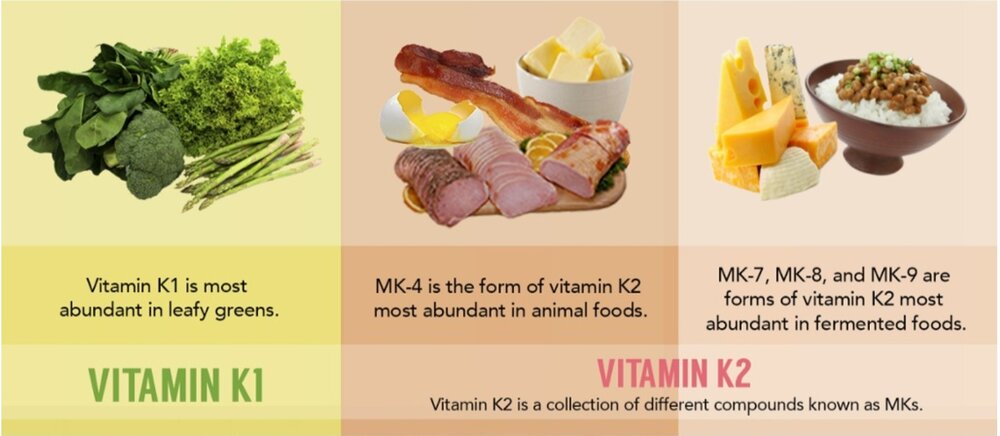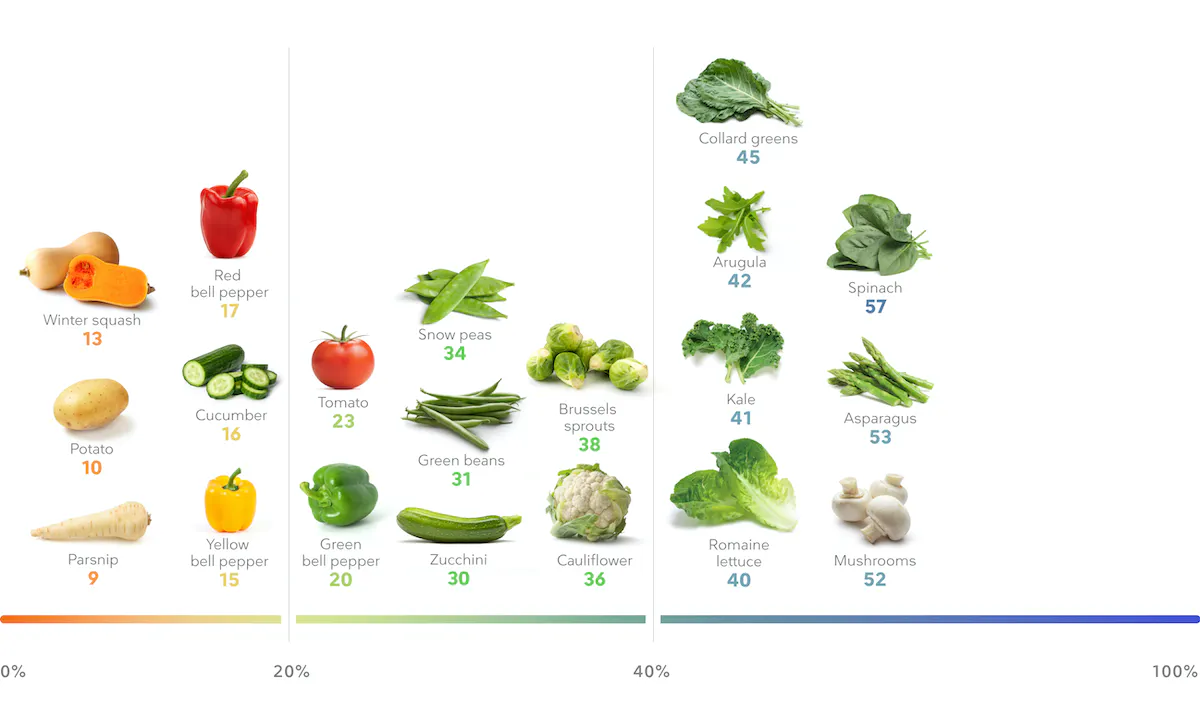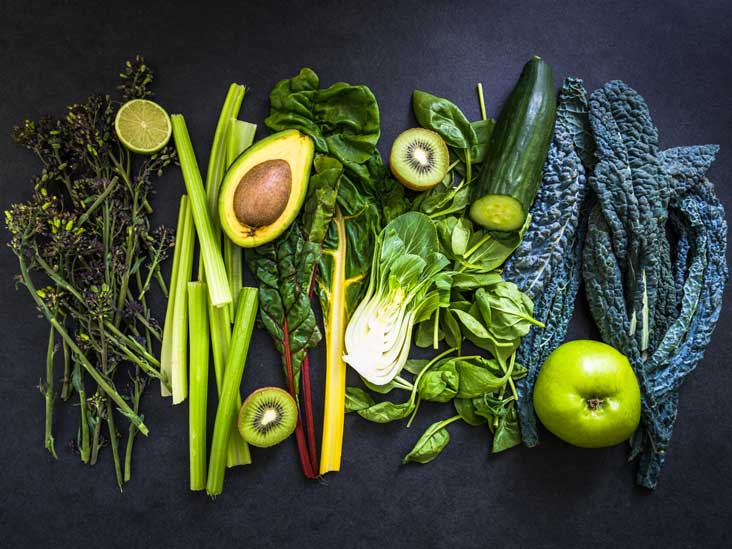Omega3 fatty acids are incredibly important. They have many powerful health benefits for your body and brain. In fact, few nutrients have been studied as thoroughly as omega-3 fatty acids. Here are 17 health benefits of omega-3 fatty acids that are supported by science.
Category: Knowledge
The amount of cholesterol in your diet and the amount of cholesterol in your blood are very different things. Although it may seem logical that eating cholesterol would raise blood cholesterol levels, it usually doesn’t work that way. The body tightly regulates the amount of cholesterol in the blood by controlling its production of cholesterol.
Why Dietary Cholesterol Does Not Matter (For Most People)Read More »
Navigating a Chinese buffet or takeout menu can be a challenge if you’re trying to stick to the low carb, high fat keto diet. Although loaded with veggies, many Chinese dishes are often made with noodles and rice, starchy and sugary sauces, or battered and fried meats that can pack on the carbs. These foods
The wide variety and round-the-clock availability have been among the factors why clerk Farah Hanisa Juman found it difficult to control her food intake. “Last December, I weighed around 80kg and was constantly feeling lethargic and falling sick. “My self-esteem was quite low and I had a wake-up call after seeing a photo my colleague
low-carbohydrate diet changes lead to improved healthRead More »
According to the National Health and Morbidity Survey (NHMS) 2019, out of 50.1% of Malaysian adults, 30.4% were overweight and 19.7%, obese. Obesity rates have also been on the rise each year from 14% in 2006 to 15.1% (2011) and 17.7% (2015). The next NHMS will be conducted in 2024. The report also said those
Ang: Demand for healthier food options went up during the Covid-19 pandemic lockdowns.Read More »
How do vitamins K1 and K2 work? Vitamin K activates proteins that play a role in blood clotting, calcium metabolism, and heart health. One of its most important functions is to regulate calcium deposition. In other words, it promotes the calcification of bones and prevents the calcification of blood vessels and kidneys (3Trusted Source). Some
Can eating more vegetables help you lose weight? Absolutely! But some types with high protein are better for weight loss than others. Your go-to vegetables should be the kinds that provide the most protein, nutrients, and fiber for the fewest calories. However, keep in mind that vegetables don’t provide much protein compared to meat, eggs,
Many foods have Omega3 fatty acids. A diet high in certain fish, seeds, and nuts can help you get more omega-3s. Omega-3 fatty acids have various benefits for your body and brain. Many mainstream health organizations recommend that healthy adults consume at least 250–500 mg of eicosapentaenoic acid (EPA) and docosahexaenoic acid (DHA) per day.
Potassium is an essential mineral that the body requires for a variety of processes. Since the body can’t produce potassium, it has to come from food. What Does Potassium Do for Your Body? A Detailed Review The importance of potassium is highly underestimated. This mineral is classified as an electrolyte because it’s highly reactive in
Reducing your intake of refined sugar can be tough, but given how incredibly harmful sugar can be, it’s definitely worth the effort. Fortunately, quite a few sweeteners found in nature are actually healthy. They’re low in calories, low in fructose, and taste very sweet. Here are 5 natural sweeteners that could be healthier alternatives to
5 Natural Sweeteners That Are Good for Your HealthRead More »












